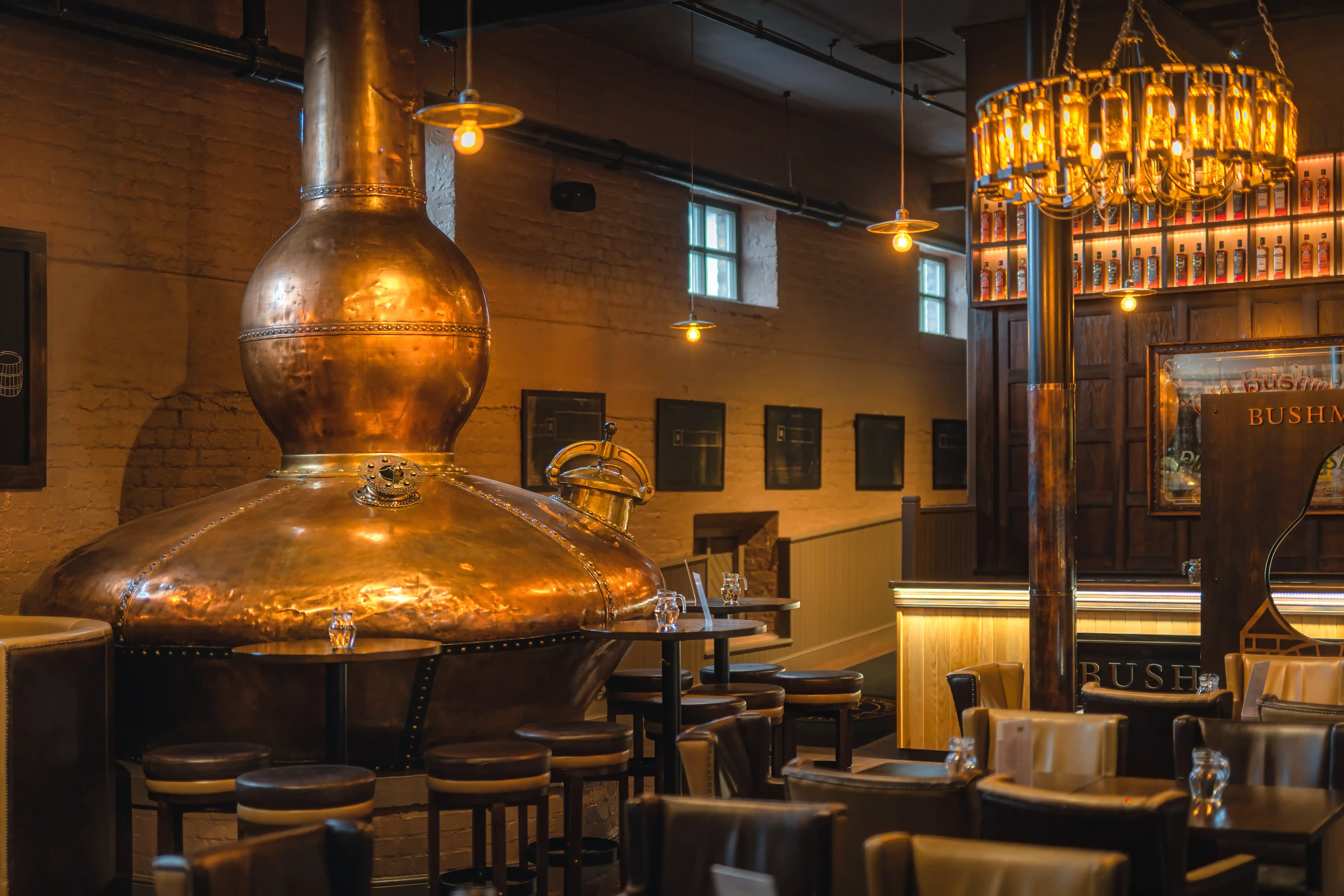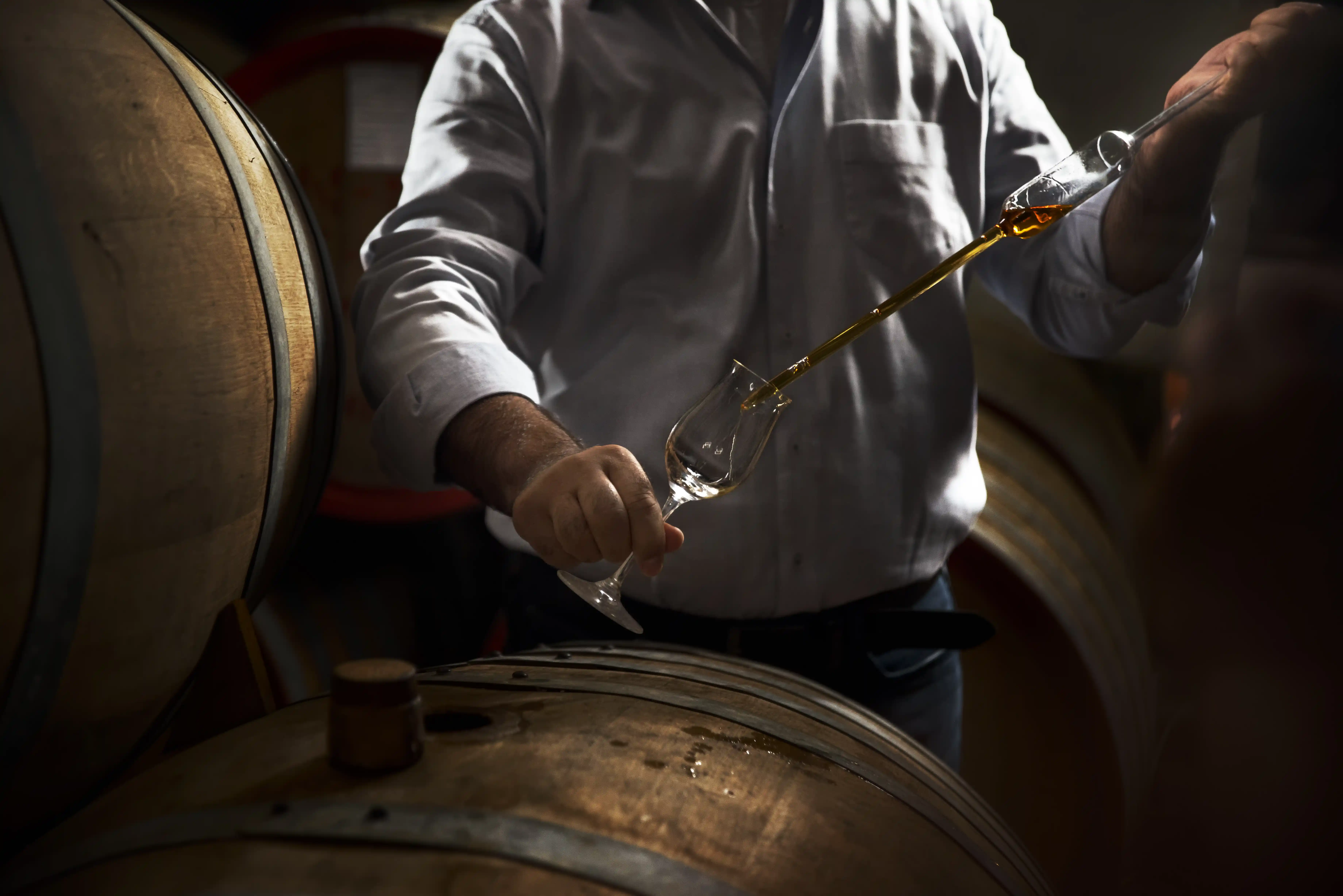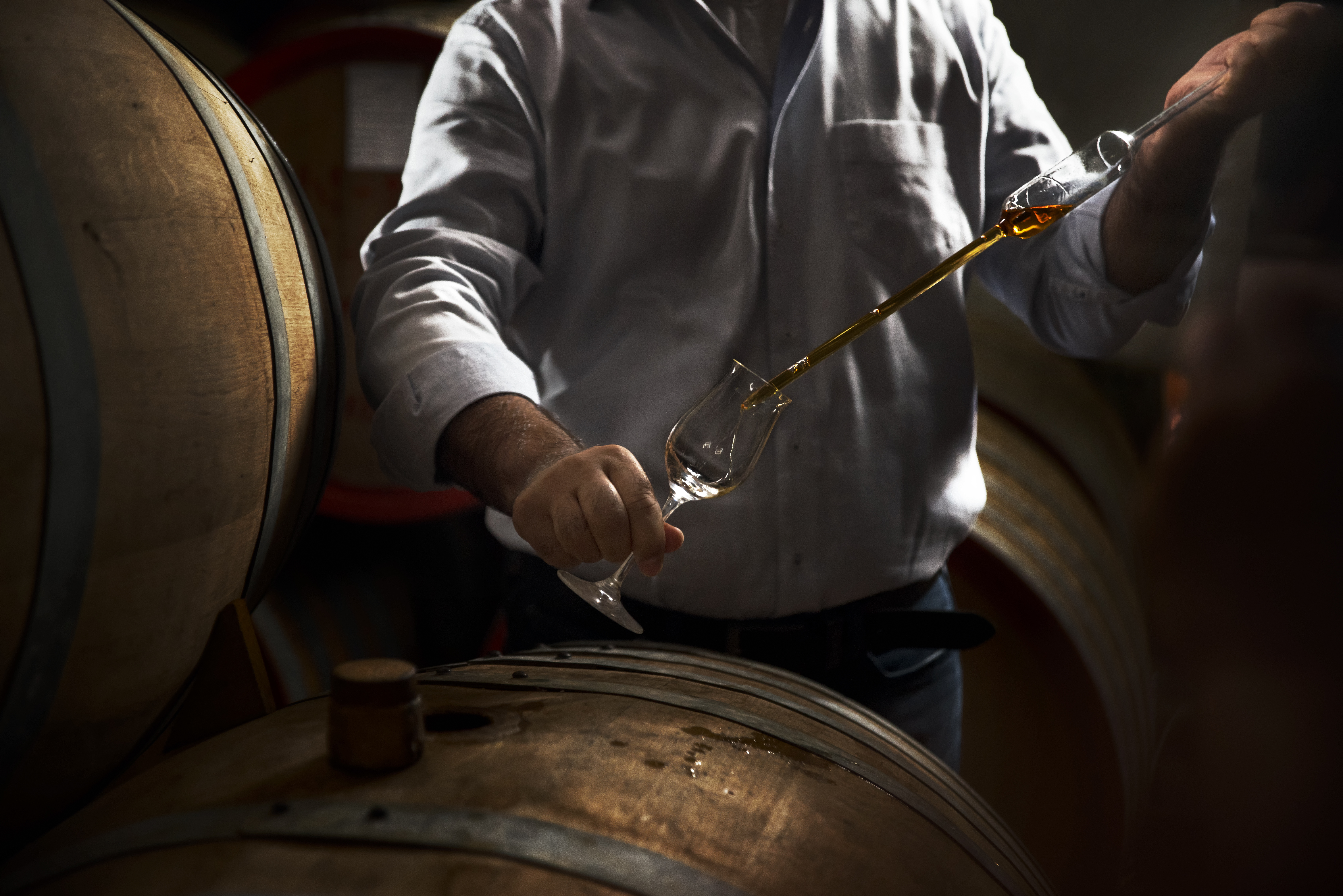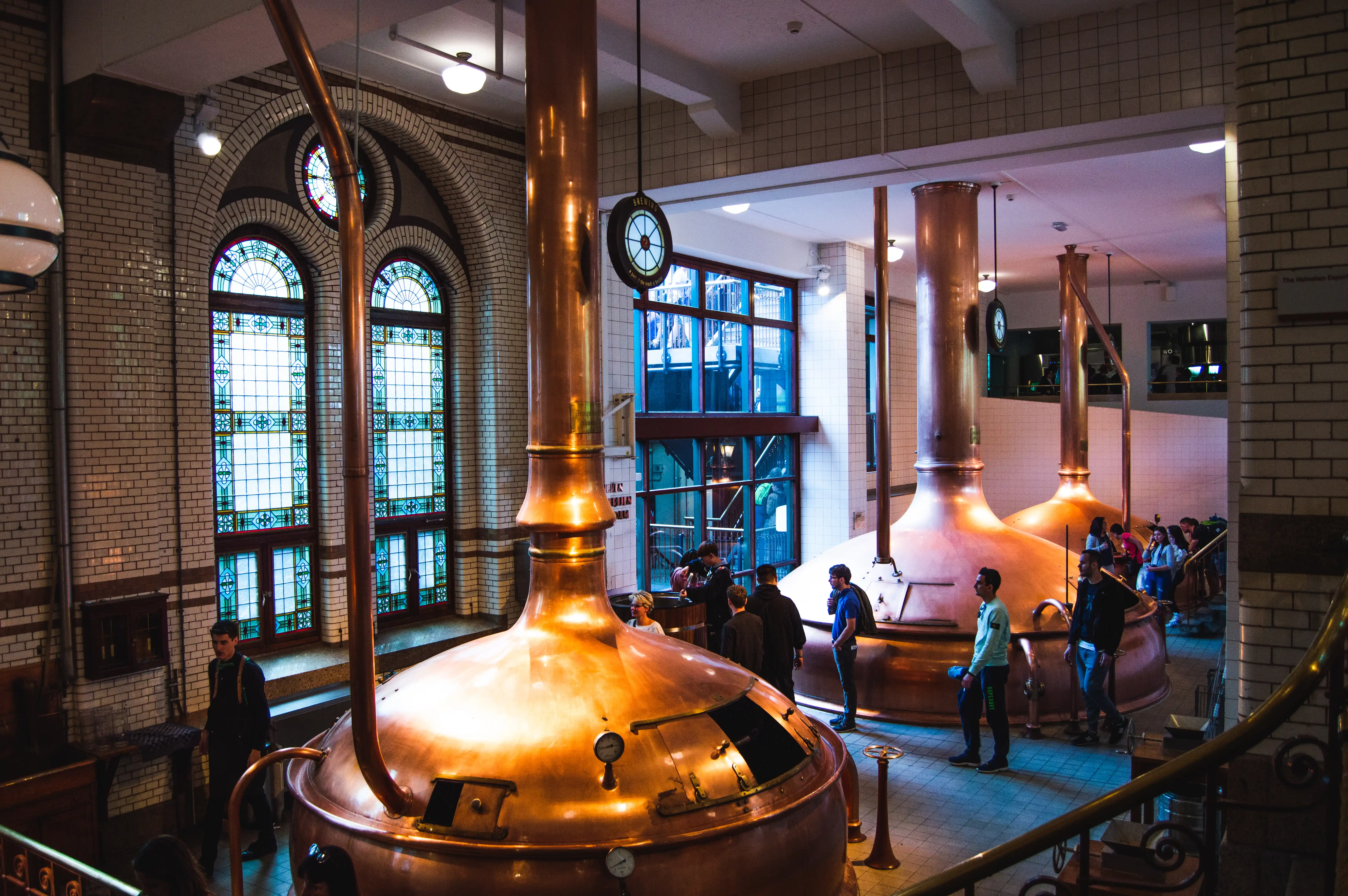The Cask Investment Process in 4 Simple Steps
1. Production
Your journey begins with the distillation of premium Irish whiskey. The new make spirit is transferred into first-fill casks, ensuring the highest quality flavor. Investors are welcome to visit the distillery to witness production and sample the whiskey firsthand.
3. Maturation & Value Growth
After three years of maturation, casks are officially classified as Irish whiskey. We recommend ageing whiskey for a minimum of eight years, with the option to extend for enhanced value. Longer ageing—especially beyond eight years—dramatically increases ROI. Specialty finishing casks (e.g., sherry, rum, or port) are also available to enhance complexity.
2. Investment & Ownership
Once casks are filled, ownership is immediately transferred to you, with GIW certificates issued. We include five years of insurance and secure storage in a HMRC bonded warehouse, while your whiskey matures. Through our partnership with ProofWorks, each cask is also secured with blockchain-backed 'Digital Deeds,' ensuring full transparency, authenticity, and fraud protection for investors.
4. Exit Strategies & Returns
When you're ready, you can:
✔ Sell your aged whiskey to new/existing brand owners or other distilleries.
✔ Continue aging for increased value.
✔ Bottle it under your own brand or for personal enjoyment.
✔ Sell at auction to collectors and investors looking for rare casks.
With strong industry connections, The Guild of Irish Whiskey provides expert guidance to ensure a profitable exit strategy.
